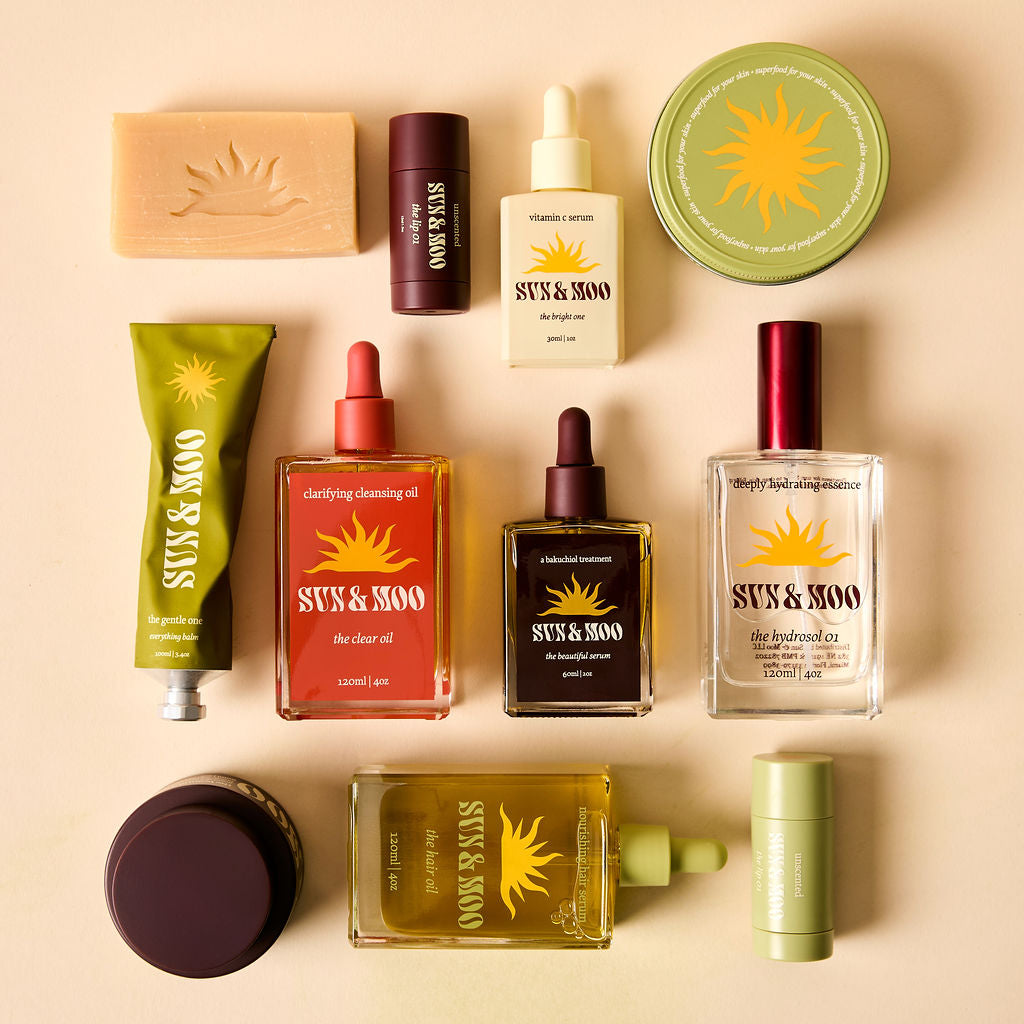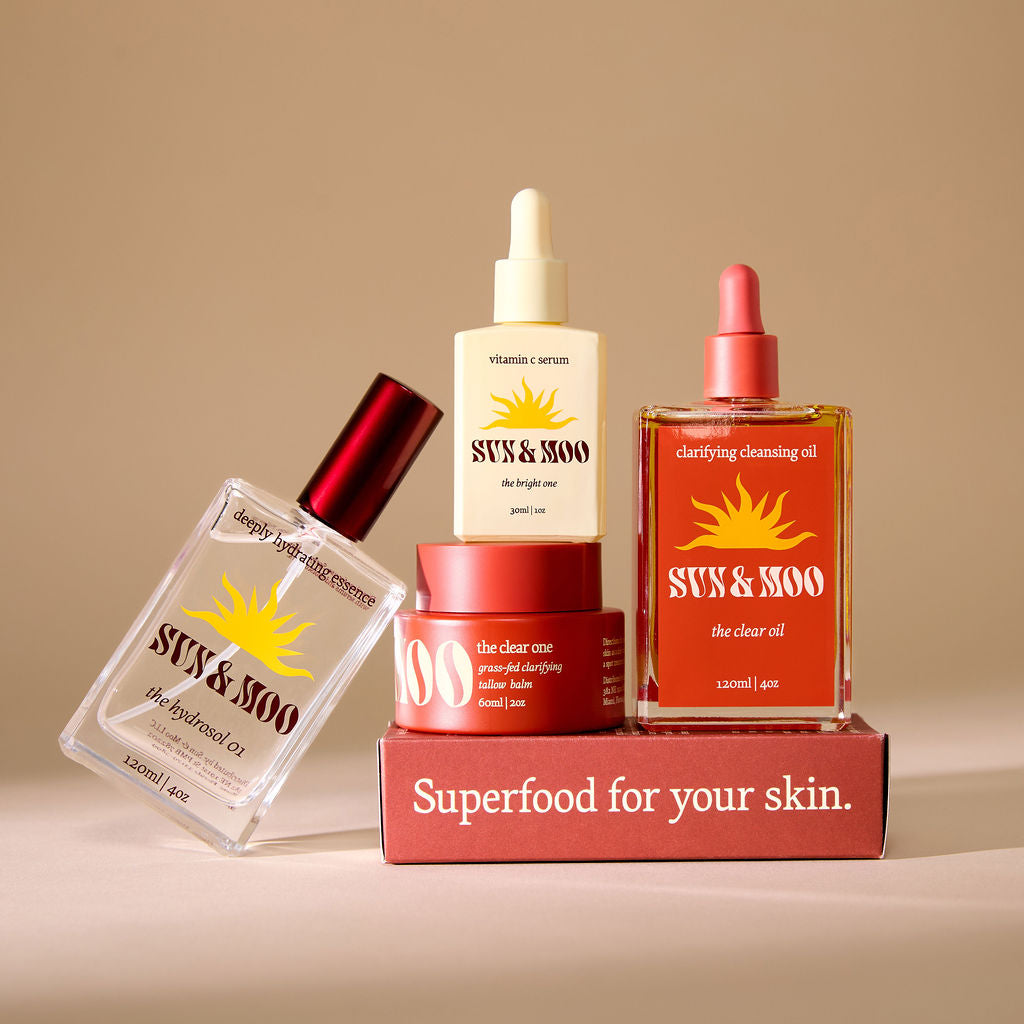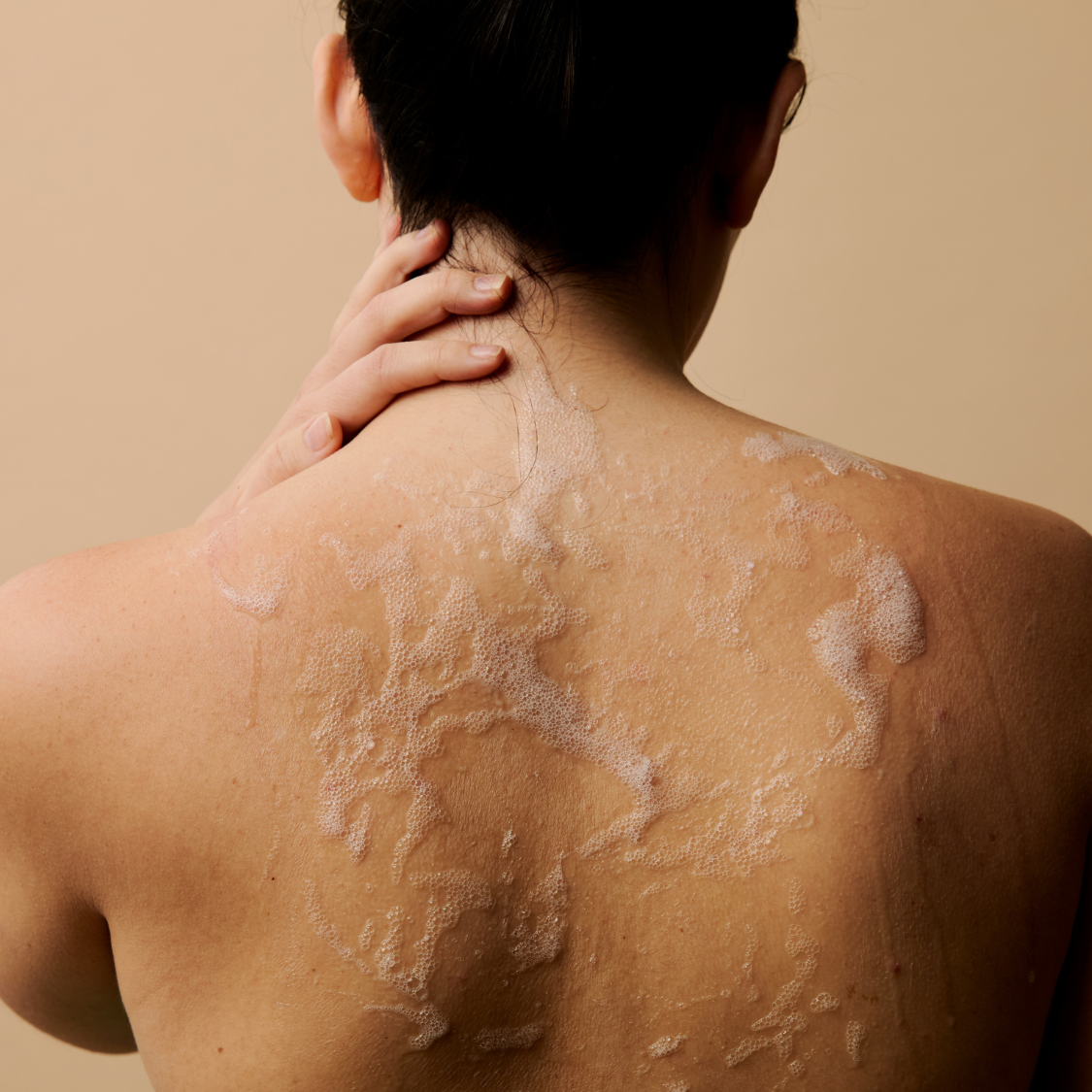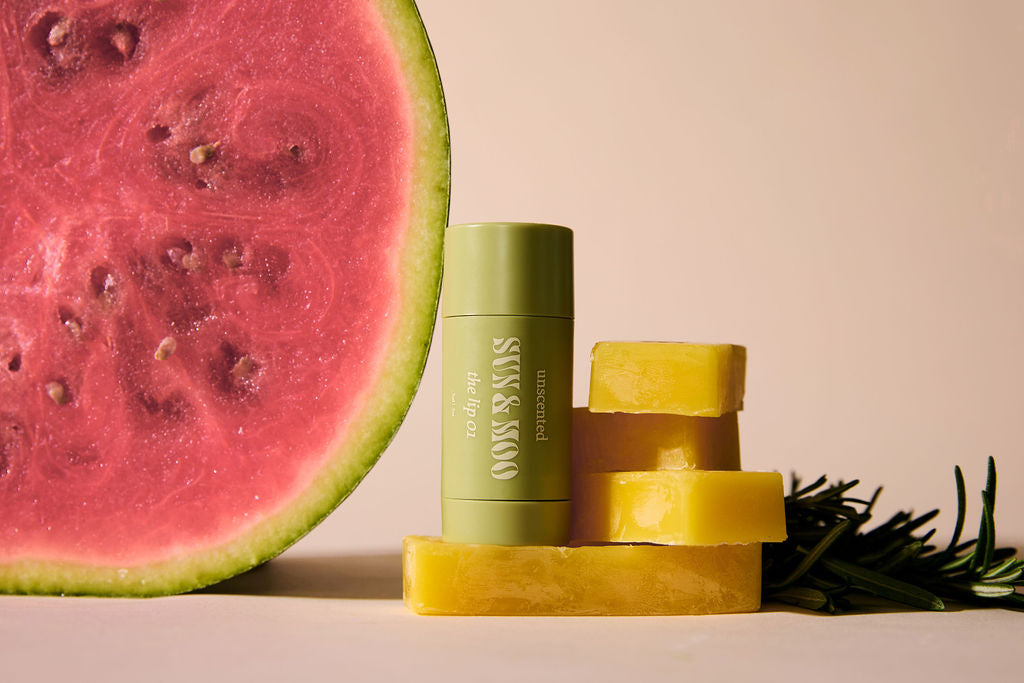Postpartum is sacred. It’s raw, beautiful, exhausting, empowering, and wildly transformative. While so much attention naturally shifts to your sweet new baby (understandably so!), let’s not forget: your body just did something incredible. And now, it’s in the process of healing and recovering.
During this season, hormonal shifts are inevitable. Estrogen and progesterone levels drop dramatically after birth, and this sudden change can lead to a cascade of skin and hair changes you may not have anticipated.
Common postpartum skin changes include:
- - Dry, flaky skin or scalp
- - Eczema
- - Melasma (patchy dark spots)
- - Hormonal acne
- - Thinning hair or hair shedding
Let’s talk about simple, manageable ways to care for your skin (and yourself) as you navigate this new season of postpartum.








